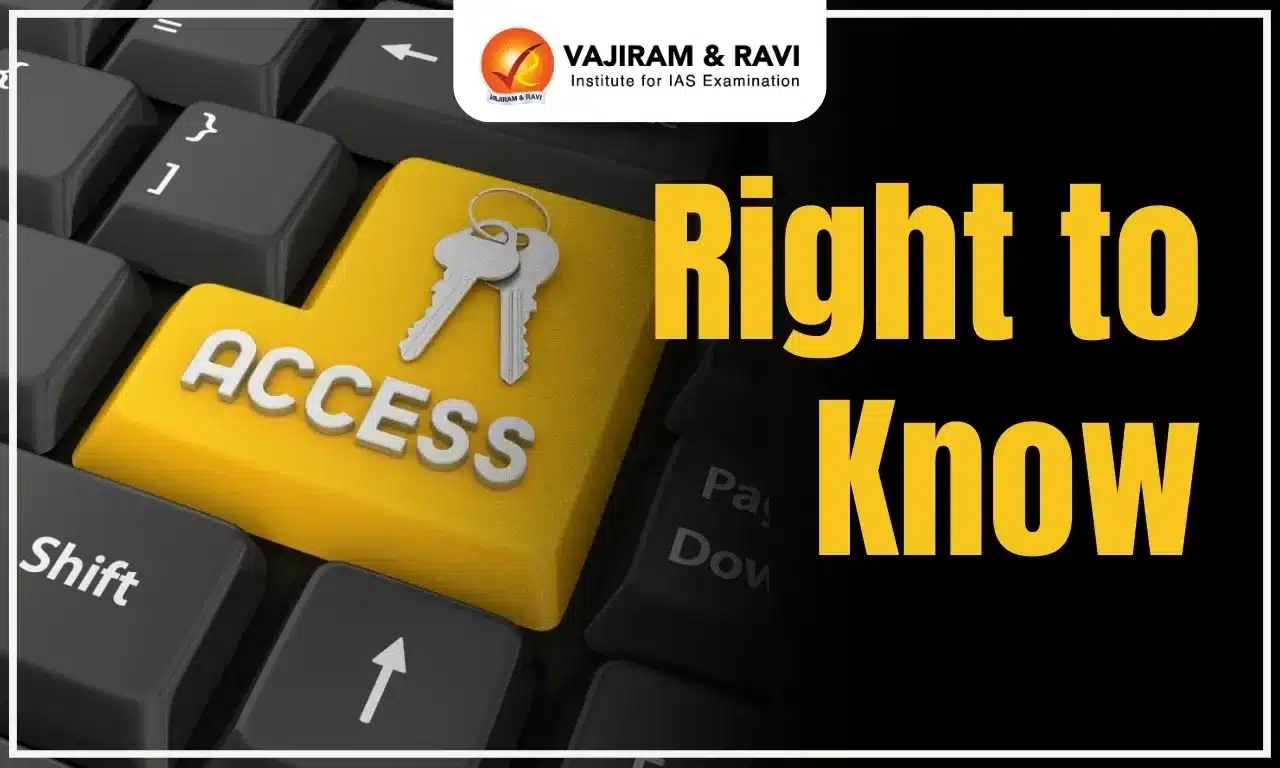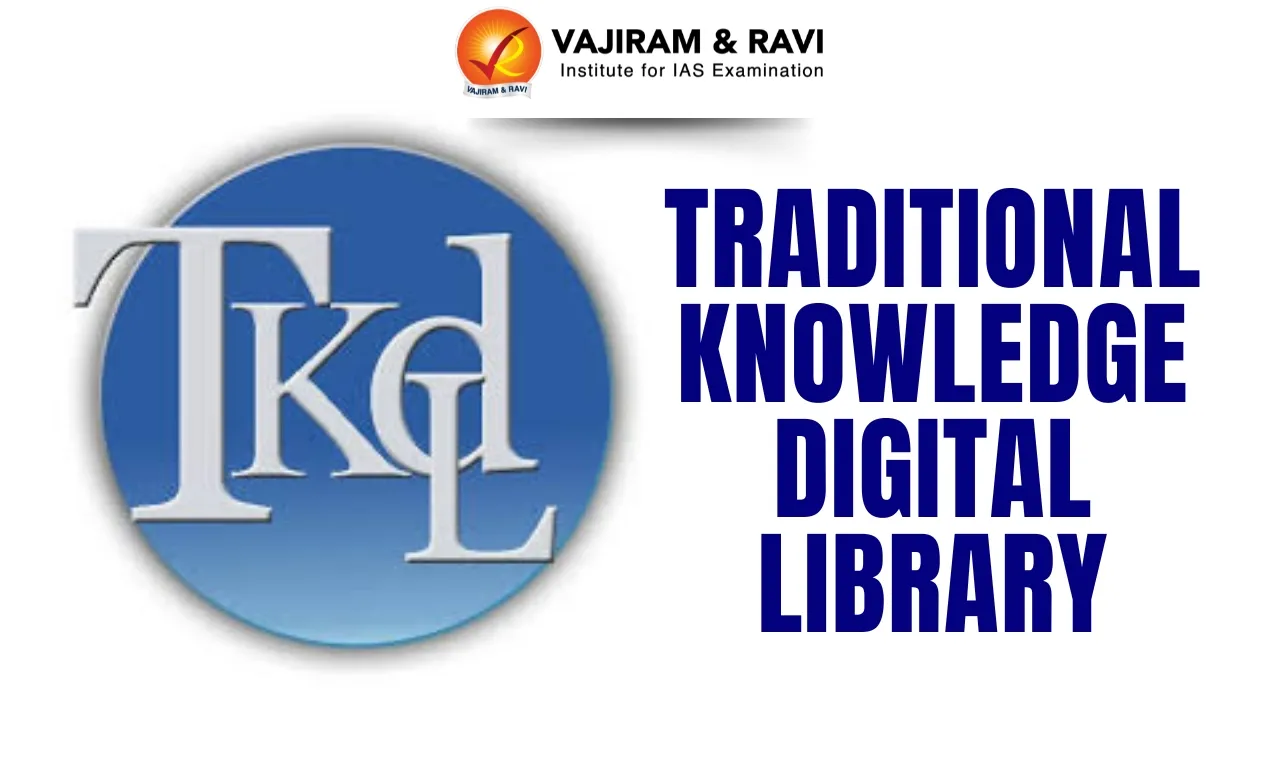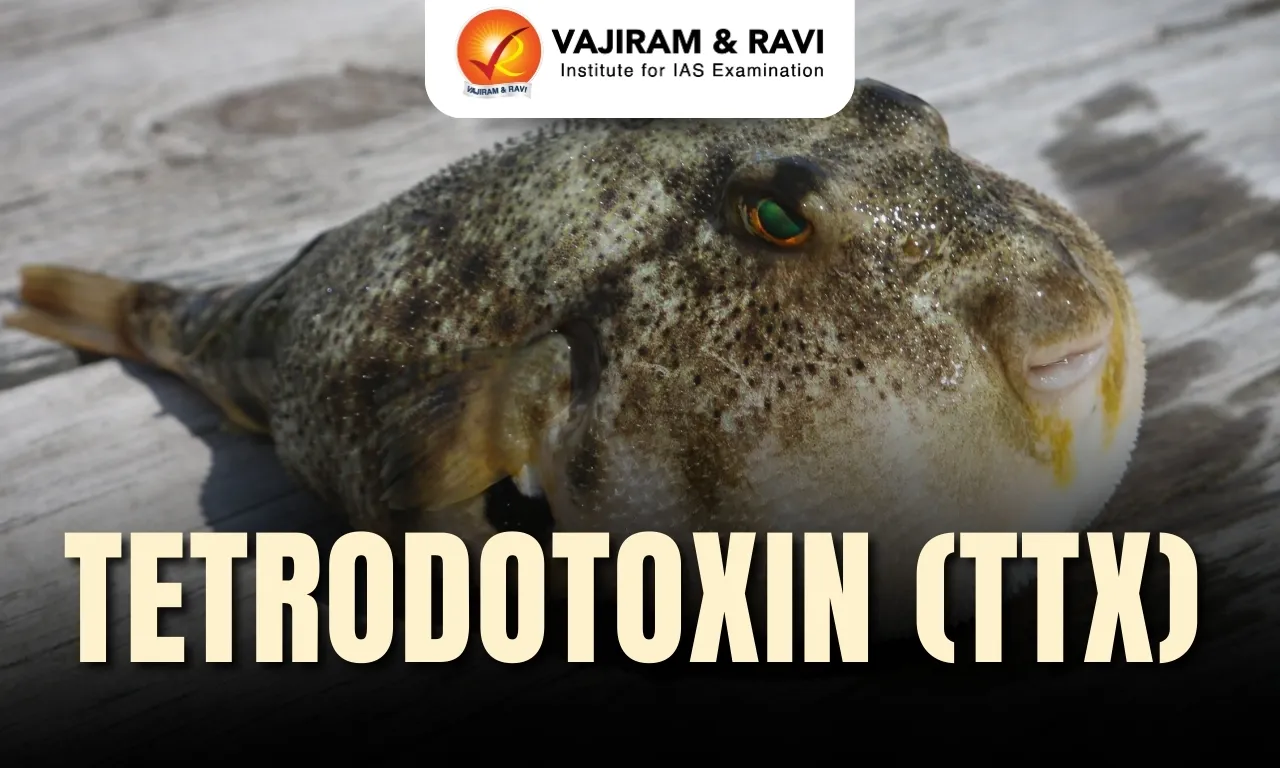Right to Know Latest News
Recently, the Supreme Court of India quashed a Delhi High Court order that had directed the Wikimedia Foundation (which hosts Wikipedia) to remove a user-created page and associated discussion.
Supreme Court’s Observations
- The ruling reaffirmed that the “Right to Know” is a basic right under Article 19(1)(a) (Freedom of Speech and Expression) and Article 21 (Right to Life and Personal Liberty).
Significance of the “Right to Know”
- The Right to Know is essential to enable citizens to:
- Participate in public discourse and democratic processes,
- Access justice effectively, and
- Hold public authorities accountable.
- The judgment reinforced that public discussion and criticism of courts is a legitimate aspect of democracy and must not be equated with contempt without careful consideration.
Constitutional Significance of the Right to Know
- Under Article 19(1)(a) – Freedom of Speech and Expression: This article ensures the right to express opinions through speech, writing, and other media. As per the Supreme Court, this includes the Right to Know about:
- Government activities
- Public decision-making
- Court proceedings
- The Court reiterated that freedom of expression covers the right to receive information, which is vital for democracy.
- Under Article 21 – Right to Life and Personal Liberty: The Right to Know is also implicit in Article 21, as it enables citizens to:
- Access justice
- Participate in governance
- Live with dignity through informed decision-making
- The Supreme Court in the Menaka Gandhi Case (1978) expanded Article 21 to include a broad range of rights, now including access to truthful public information:
- Right to live with dignity,
- Right to livelihood,
- Right to privacy,
- Right to shelter,
- Right to a clean environment,
- Right to information (including Right to Know).
Right to Know FAQs
Q1: What is the ‘Right to Know’ in India?
Ans: The Right to Know is an implicit part of the Right to Freedom of Speech and Expression under Article 19(1)(a) of the Constitution, empowering citizens to access public information.
Q2: Which Act operationalised the Right to Know in India?
Ans: The Right to Information (RTI) Act, 2005 formalised this right, allowing citizens to demand transparency and accountability from public authorities.
Source: TH
Last updated on February, 2026
→ UPSC Notification 2026 is now out on the official website at upsconline.nic.in.
→ UPSC IFoS Notification 2026 is now out on the official website at upsconline.nic.in.
→ UPSC Calendar 2026 has been released.
→ UPSC Final Result 2025 is expected to be released in the second week of April 2026.
→ Check out the latest UPSC Syllabus 2026 here.
→ Join Vajiram & Ravi’s Interview Guidance Programme for expert help to crack your final UPSC stage.
→ UPSC Mains Result 2025 is now out.
→ UPSC Prelims 2026 will be conducted on 24th May, 2026 & UPSC Mains 2026 will be conducted on 21st August 2026.
→ The UPSC Selection Process is of 3 stages-Prelims, Mains and Interview.
→ Prepare effectively with Vajiram & Ravi’s UPSC Prelims Test Series 2026 featuring full-length mock tests, detailed solutions, and performance analysis.
→ Enroll in Vajiram & Ravi’s UPSC Mains Test Series 2026 for structured answer writing practice, expert evaluation, and exam-oriented feedback.
→ Join Vajiram & Ravi’s Best UPSC Mentorship Program for personalized guidance, strategy planning, and one-to-one support from experienced mentors.
→ Check UPSC Marksheet 2024 Here.
→ UPSC Toppers List 2024 is released now. Shakti Dubey is UPSC AIR 1 2024 Topper.
→ Also check Best UPSC Coaching in India
Tags: Right to Know




















